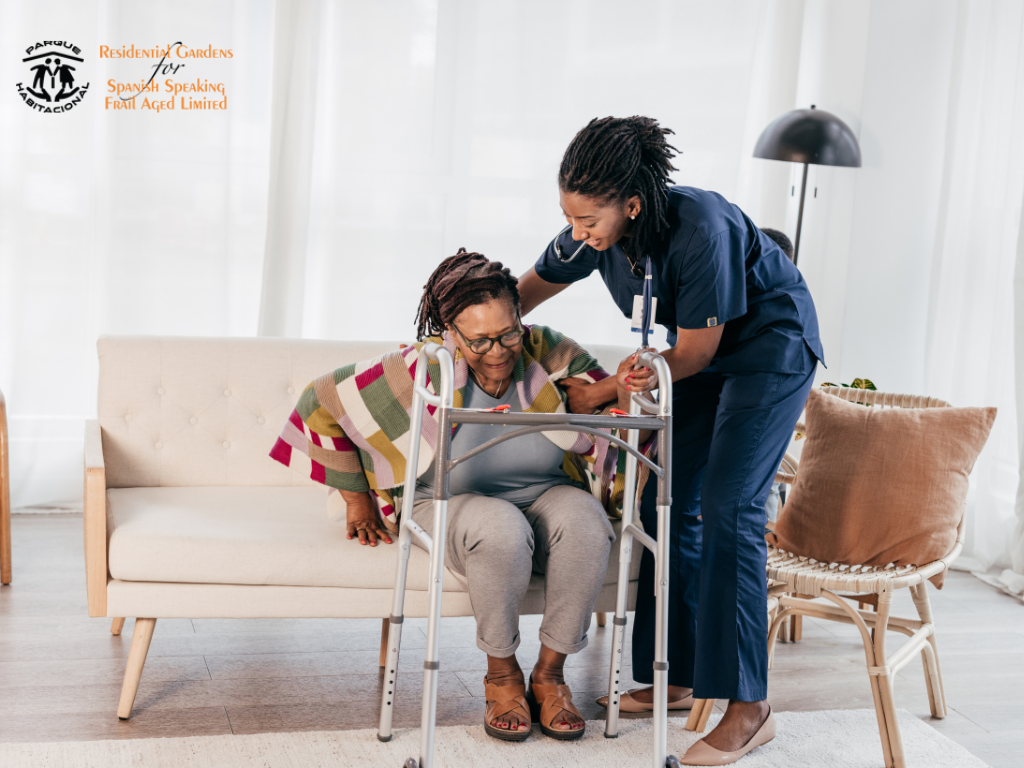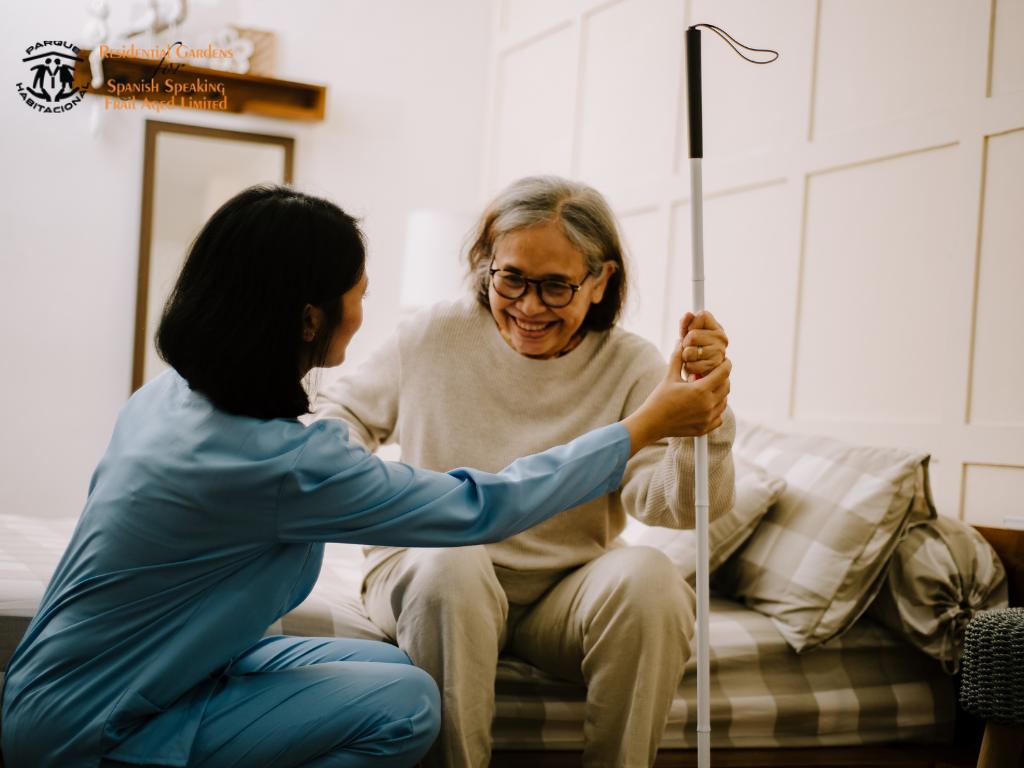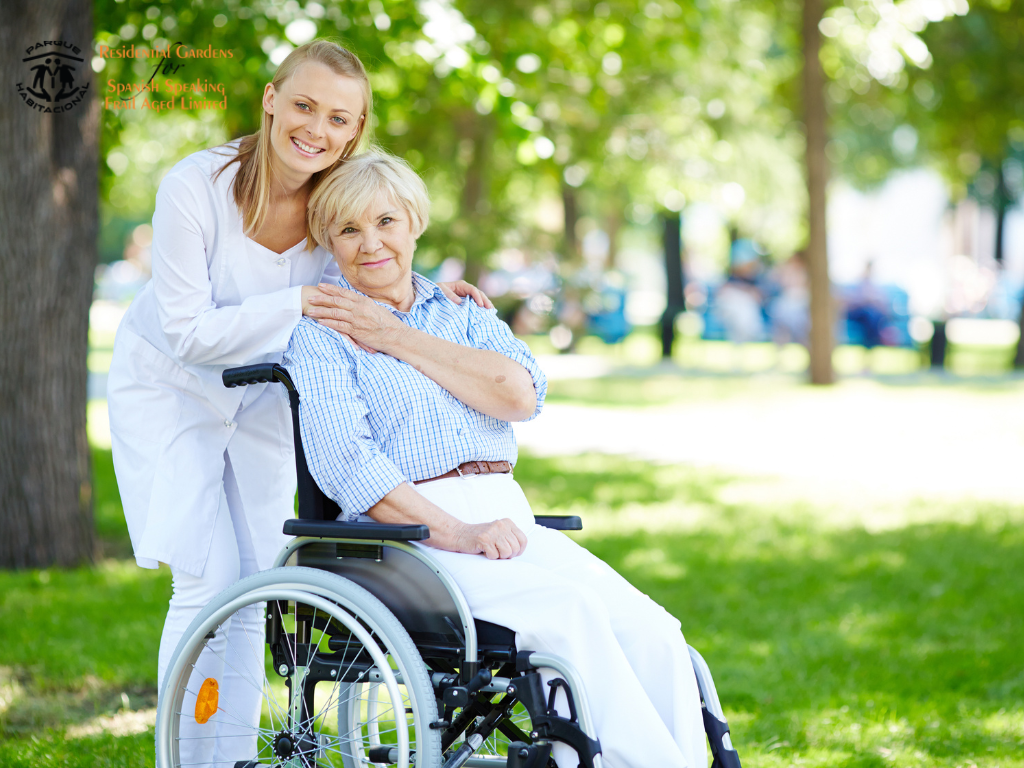High care in the context of disability refers to intensive support and services provided to individuals who have significant and often complex needs due to their disabilities. This level of care is designed to assist those who require extensive help with daily activities, medical needs, and mobility. High care typically encompasses not just physical support, but also addresses the psychological, social, and developmental requirements of individuals, ensuring a holistic approach to their wellbeing.
The Growing Need for High Care in Senior and Elderly Populations
As populations age globally, the need for high care within senior and elderly groups is increasing. Older adults, especially those living with disabilities, often require more intensive care due to a range of age-related conditions. These may include cognitive impairments like dementia, physical limitations, chronic illnesses, or a combination of these factors. The escalating demand for high care services for the elderly highlights the importance of developing robust systems that can provide adequate, compassionate, and effective care.
Assessing High Care Needs in Elderly with Disabilities

Criteria for High Care Assessment in Senior and Elderly Care
The assessment for high care needs in seniors and the elderly typically involves evaluating their physical and mental health status, ability to perform daily living activities, and the level of support required for their safety and wellbeing. Factors like mobility, cognitive function, medical history, and the individual’s personal care needs are taken into consideration. This comprehensive assessment helps in tailoring care plans that adequately address the specific needs of each individual.
Understanding the Specific Needs of Elderly with Disabilities
Elderly individuals with disabilities may have unique care needs that stem from a combination of age-related issues and their disability. This could include specialised medical care, adaptive equipment to aid mobility, modified living spaces for accessibility, and support with activities of daily living. Understanding these needs is crucial for providing effective high care that enhances their quality of life and maintains their dignity.
The Role of Healthcare Professionals in Evaluating High Care Needs
Healthcare professionals, including doctors, nurses, occupational therapists, and social workers, play a pivotal role in evaluating high care needs. They conduct assessments, identify care requirements, and develop comprehensive care plans. Their expertise is essential not only in understanding the medical and functional needs of the elderly with disabilities but also in providing guidance and support to families and caregivers.
Challenges and Solutions in Providing High Care for Seniors

Addressing Common Challenges in Elderly High Care
Providing high care for the elderly, especially those with disabilities, comes with several challenges. These include managing chronic health conditions, dealing with cognitive impairments, ensuring effective communication, and addressing the emotional and psychological needs of the elderly. Additionally, there is the challenge of providing care in a manner that respects their autonomy and preferences.
Innovative Approaches to Improve High Care for the Elderly with Disabilities
Innovative approaches to improve high care include the use of technology such as telemedicine, smart home devices, and customised assistive technologies. Additionally, adopting person-centred care models that focus on the individual’s preferences and needs, and training caregivers to understand and manage the specific challenges of elderly care can greatly enhance service quality.
Ensuring Dignity and Quality of Life in Senior High Care Services
At the core of high care services for seniors is the imperative to uphold their dignity and quality of life. This involves respecting their choices, providing compassionate and respectful care, and ensuring they remain connected with their communities and interests. High care should not only address physical and medical needs but should also nurture their sense of self and well-being.
Specialised High Care Services for Seniors and the Elderly

Types of High Care Services Suitable for Elderly with Disabilities
Specialised high care services for the elderly with disabilities encompass a range of supports tailored to meet their diverse needs. These services can include skilled nursing care for medical needs, physical therapy to aid mobility, occupational therapy for everyday skills, and speech therapy. In addition, specialised services may provide support for mental health, sensory impairments, and neurological conditions. The goal is to offer comprehensive care that addresses all aspects of an individual’s well-being.
Adapting High Care to Meet the Unique Needs of Seniors
Adapting high care services to the unique needs of seniors involves a personalised approach that considers their preferences, lifestyles, and cultural backgrounds. It’s about creating care plans that are not only medically sound but also respectful of their personal stories and identities. This approach ensures that care services enhance their quality of life and provide a sense of comfort and familiarity.
Integrating Medical and Support Services in Elderly High Care
The integration of medical and support services is key to providing effective high care for the elderly. This means coordinating various aspects of care such as medical treatment, rehabilitation, personal care, and social activities. Seamless integration ensures holistic care, where each element of the care plan complements the others, leading to better health outcomes and improved quality of life.
Community and Home-Based Solutions for Elderly High Care

Exploring Home-Based High Care Options for the Elderly
Home-based high care options allow seniors to receive the care they need in the comfort and familiarity of their own homes. These services can range from visiting nurses and therapists to home modifications and assistive technologies. Home-based care is particularly beneficial in promoting independence, maintaining personal routines, and keeping the elderly connected with their family and community.
The Importance of Community Support Systems in Senior High Care
Community support systems play a crucial role in senior high care, offering resources and services that extend beyond medical needs. These can include day centres, respite care, transportation services, and social groups. Community support not only provides practical assistance but also fosters social connections, combating isolation and improving overall well-being.
Balancing Independence and Care Needs in Home Settings
Balancing independence with care needs in home settings is a delicate yet essential aspect of high care for the elderly. It involves respecting the senior’s desire for autonomy while ensuring they receive the necessary support. Tailoring care plans to encourage self-sufficiency where possible, and providing adaptive tools and technologies can help strike this balance effectively.
Legal and Ethical Considerations in High Care for the Elderly

Navigating Legal Issues in Senior High Care
Legal issues in senior high care often involve ensuring compliance with healthcare regulations, patient rights, and privacy laws. It’s crucial that high care providers understand and adhere to the legal frameworks that govern elder care, including consent to treatment, capacity assessments, and guardianship laws. These legal considerations ensure that the care provided is not only effective but also respects the rights and dignity of the elderly.
Ethical Concerns and Rights of Seniors in High Care Settings
Ethical concerns in high care settings primarily revolve around respecting the autonomy and preferences of elderly individuals, even as they become more reliant on care services. This includes honoring their life choices, providing care that aligns with their values, and involving them in decision-making processes to the extent possible. Upholding the rights of seniors in high care settings is fundamental, ensuring they are treated with dignity, respect, and compassion.
Navigating Funding and Resources for High Care in Elderly Disability

Understanding Funding Options for Elderly High Care
Funding for elderly high care can come from various sources, including government programs, private insurance, and personal finances. Understanding these options is crucial for accessing the necessary care services. Government-funded programs may cover a range of services but often have specific eligibility criteria. Private insurance and personal funds might offer more flexibility but can also be more costly.
Resources and Support Systems Available for Families and Caregivers
Families and caregivers of elderly individuals with disabilities have access to a range of resources and support systems. These can include caregiver support groups, educational resources, respite care services, and counseling. Such resources provide valuable assistance, information, and emotional support, helping caregivers manage the demands of providing high care.
Conclusion
The future of elderly high care looks towards integrating more advanced technologies, developing more comprehensive policy support, and continuously improving the quality of care. Emphasis is also being placed on developing more inclusive, person-centered care models that better cater to the diverse needs of the elderly population. As the field evolves, it is crucial to keep adapting and innovating to meet the changing needs of seniors with disabilities.



